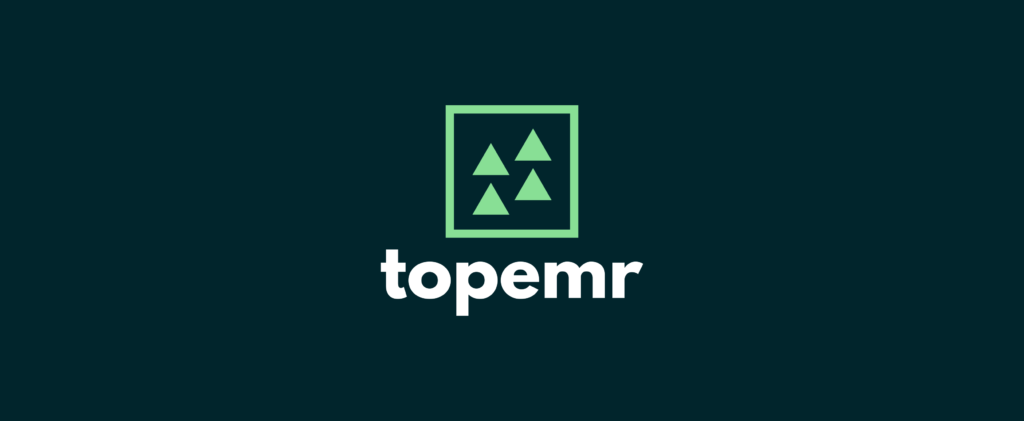Introduction: Why Dubai’s Dialysis Clinics Can’t Afford Protocol Drift
Dubai’s healthcare landscape is expanding rapidly, driven by both private operators and Ministry of Health (MOH) mandates that emphasize patient safety, operational efficiency, and audit readiness. Dialysis clinics sit at the heart of this transformation. With hundreds of patients requiring treatment multiple times a week, even small workflow gaps compound into major risks.
One of the most underestimated challenges? Protocol inconsistency.
When vascular access management varies by nurse, or when labs are reviewed differently across shifts, the consequences aren’t minor—they are systemic. In Dubai, where regulatory oversight is tight, such inconsistencies invite audit failures, patient dissatisfaction, and bottlenecks in scaling.
This is where digital-first platforms like Clinicea are reshaping dialysis operations. By embedding standardized, dialysis-specific protocols directly into clinical and administrative workflows, clinics are not just reducing risk—they are building a foundation for growth.
1. The Dubai Context: Scaling Clinics Under Compliance Pressure
The UAE’s push toward smart healthcare has raised the bar for providers. In dialysis, where MOH audits focus on documentation, consent, infection control, and lab monitoring, manual or semi-standard workflows simply don’t pass muster.
From the articles on TopEMR.ae, three recurring challenges stand out for Dubai operators:
- Fragmented Data Systems → Clinics juggling separate EMRs, Excel sheets, and billing platforms face inevitable data siloes.
- Audit Complexity → Missing consent forms, inconsistent session logs, and delayed vitals documentation are frequent causes of MOH audit flags.
- Scalability Strain → Adding new units without a standardized system doubles inefficiencies, leading to staff burnout and financial leakage.
Without protocol discipline, growth in Dubai’s dialysis market can quickly become chaos.
2. Why Protocol Standardization Saves Lives—And Clinics
The LinkedIn article highlights a crucial truth: standardization isn’t bureaucracy—it’s operational mastery.
Dialysis isn’t just another outpatient service. Every session involves:
- Vascular access evaluation
- Anticoagulation dosing
- Ultrafiltration targets
- Hourly vitals monitoring
- Lab integration and review
When these steps are left to individual judgment or ad-hoc documentation, variance creeps in. The risks?
- Clinical Errors: Missed hepatitis screenings, improper eGFR staging, or inconsistent anemia management.
- Audit Failures: Incomplete consents, unsigned notes, or mismatched billing codes.
- Scaling Breakdown: New units replicate flawed workflows, creating systemic issues across the chain.
For Dubai operators eyeing growth, these aren’t theoretical risks—they’re daily operational landmines.
3. Clinicea’s Role: Digitizing Protocols for Dubai Clinics
Unlike generic EMRs, Clinicea was built for dialysis units from the ground up. Its approach to protocol standardization includes:
- Dialysis-Specific Flowsheets → Templates for access logs, vitals, anticoagulation checklists, and eGFR staging—preconfigured and mandatory.
- Centralized Protocol Deployment → Update anemia management once, and every unit across Dubai instantly receives the new template.
- Audit-Grade Documentation → Every consent, prescription, and lab is time-stamped, user-stamped, and immutable—designed for MOH inspections.
- Deviation Tracking → If staff override a protocol, they must justify it, with automatic flags appearing in audit dashboards.
- Integrated Training → Protocols aren’t just written—they’re embedded in workflows. New staff learn by following digital prompts at chairside.
The result? Protocol discipline isn’t enforced by supervisors alone—it’s hardwired into the software.
4. Operational Wins from Standardization in Practice
Clinics in Dubai adopting Clinicea report:
- 100% protocol adherence within weeks of rollout.
- >90% reduction in missed labs, particularly hepatitis and CKD staging.
- Audit passes without flags, even across multiple units.
- Shorter onboarding times for new staff, since workflows train them in real-time.
- Improved patient outcomes, especially in anemia and vascular access management.
These aren’t marginal improvements—they are systemic safeguards that allow clinics to expand confidently.
5. Scaling in Dubai: Why Protocols Are the True Growth Engine
From the lens of TopEMR.ae’s content and the LinkedIn article, one insight is clear:
Scaling a dialysis clinic in Dubai isn’t about more chairs—it’s about repeatable systems.
Protocol discipline ensures:
- Clinical Governance → Every patient gets the same standard of care, regardless of unit or shift.
- Operational Efficiency → Less firefighting, more predictable throughput.
- Financial Accuracy → Billing tied to protocol adherence means fewer claim denials and faster reimbursements.
- Regulatory Confidence → Clinics are inspection-ready every day, not just in the week before an MOH audit.
For multi-unit operators, this isn’t optional. It’s the difference between smooth expansion and compounding chaos.
6. Real-World Proof: Who’s Already Doing It
Global networks like The Hans Foundation, Kidney Solutions, and African Healthcare Network have adopted Clinicea to enforce chain-wide protocol discipline. The impact?
- Clinics scale across geographies with identical workflows.
- Audit failures drop to zero.
- Staff burnout decreases as systems carry the governance load.
For Dubai clinics, these case studies aren’t distant examples—they are blueprints.
Conclusion: Dubai Clinics Need Systems, Not Just Staff
As Dubai positions itself as a healthcare hub, dialysis operators can’t afford to rely on paper checklists or semi-standard processes.
Protocol inconsistency isn’t just a risk—it’s a growth blocker. With the right digital backbone, clinics can:
- Standardize care across every site.
- Stay audit-ready without scrambling.
- Reduce clinical and operational risk.
- Scale smoothly from one unit to many.
Clinicea makes protocol discipline not an added burden, but a built-in advantage.
Final Word
Dubai’s dialysis clinics face a choice: scale with confidence through protocol discipline, or stumble under the weight of inconsistency. The leaders in this space have already shown the path—standardize, digitize, and grow.
This transformation is powered by Clinicea EMR combined with NABIDH Connected compliance for Dubai dialysis clinics.
Attached LinkedIn Article –
Why Top Dialysis Clinics Standardize Protocols — And What Happens When You Don’t: https://lnkd.in/gJXwXcHg


Leave a Reply